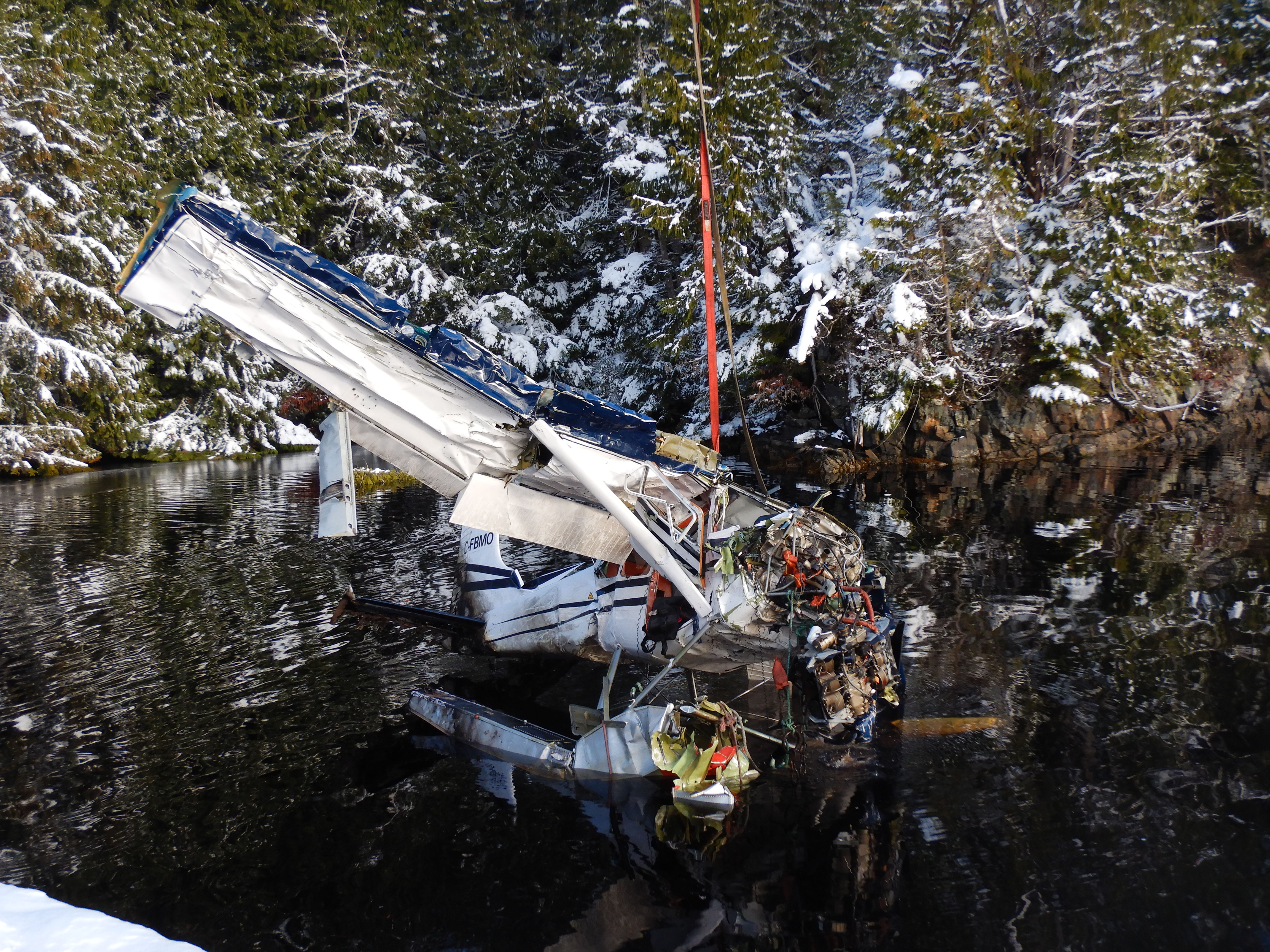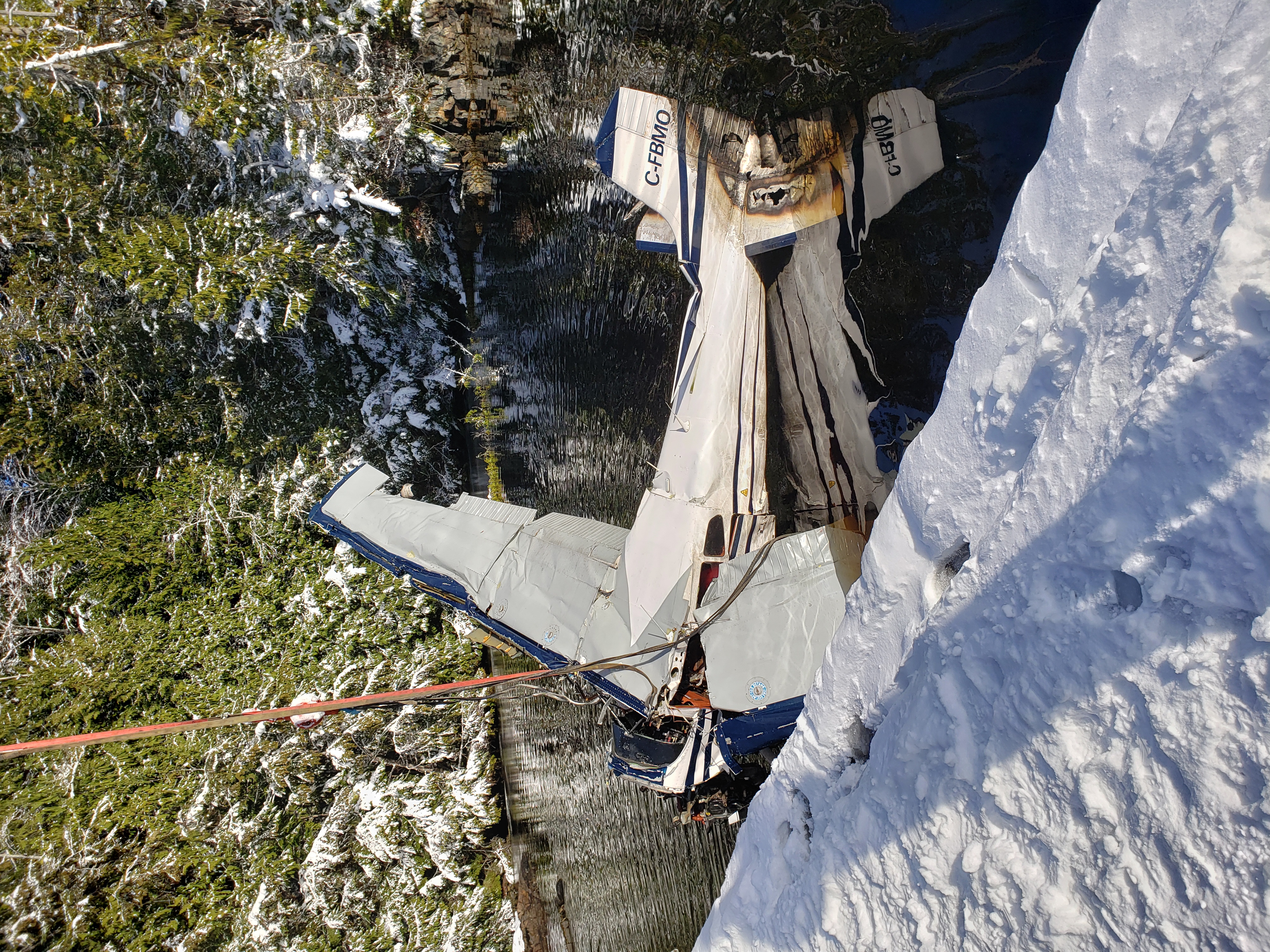Loss of control in flight
CBE Construction Ltd
Cessna 185
30nm N Strachan Bay, British Columbia
The occurrence
On 23 November 2022, a Cessna 185 with floats departed a logging camp in Strachan Bay, British Columbia (BC), to the Port Hardy Water Aerodrome, BC, with one pilot and two passengers on board. During the initial climb, the aircraft reached an approximate height of 100 feet above sea level before pitching nose down and colliding with the water.
The pilot and passengers sustained fatal injuries as a result of the accident. The wreckage was located the following day. The TSB is currently investigating.
Media materials
Deployment notice
TSB will deploy a team of investigators following a floatplane accident in Strachan Bay, British Columbia
Richmond, British Colombia, 25 November 2022 — The Transportation Safety Board of Canada (TSB) will be deploying a team of investigators to Strachan Bay, British Columbia, following the floatplane accident that occurred in Strachan Bay on 23 November 2022. The TSB will gather information and assess the occurrence.
Download high-resolution photos from the TSB Flickr page.
Class of investigation
This is a class 3 investigation. These investigations analyze a small number of safety issues, and may result in recommendations. Class 3 investigations are generally completed within 450 days. For more information, see the Policy on Occurrence Classification.
TSB investigation process
There are 3 phases to a TSB investigation
- Field phase: a team of investigators examines the occurrence site and wreckage, interviews witnesses and collects pertinent information.
- Examination and analysis phase: the TSB reviews pertinent records, tests components of the wreckage in the lab, determines the sequence of events and identifies safety deficiencies. When safety deficiencies are suspected or confirmed, the TSB advises the appropriate authority without waiting until publication of the final report.
- Report phase: a confidential draft report is approved by the Board and sent to persons and corporations who are directly concerned by the report. They then have the opportunity to dispute or correct information they believe to be incorrect. The Board considers all representations before approving the final report, which is subsequently released to the public.
For more information, see our Investigation process page.
The TSB is an independent agency that investigates air, marine, pipeline, and rail transportation occurrences. Its sole aim is the advancement of transportation safety. It is not the function of the Board to assign fault or determine civil or criminal liability.

